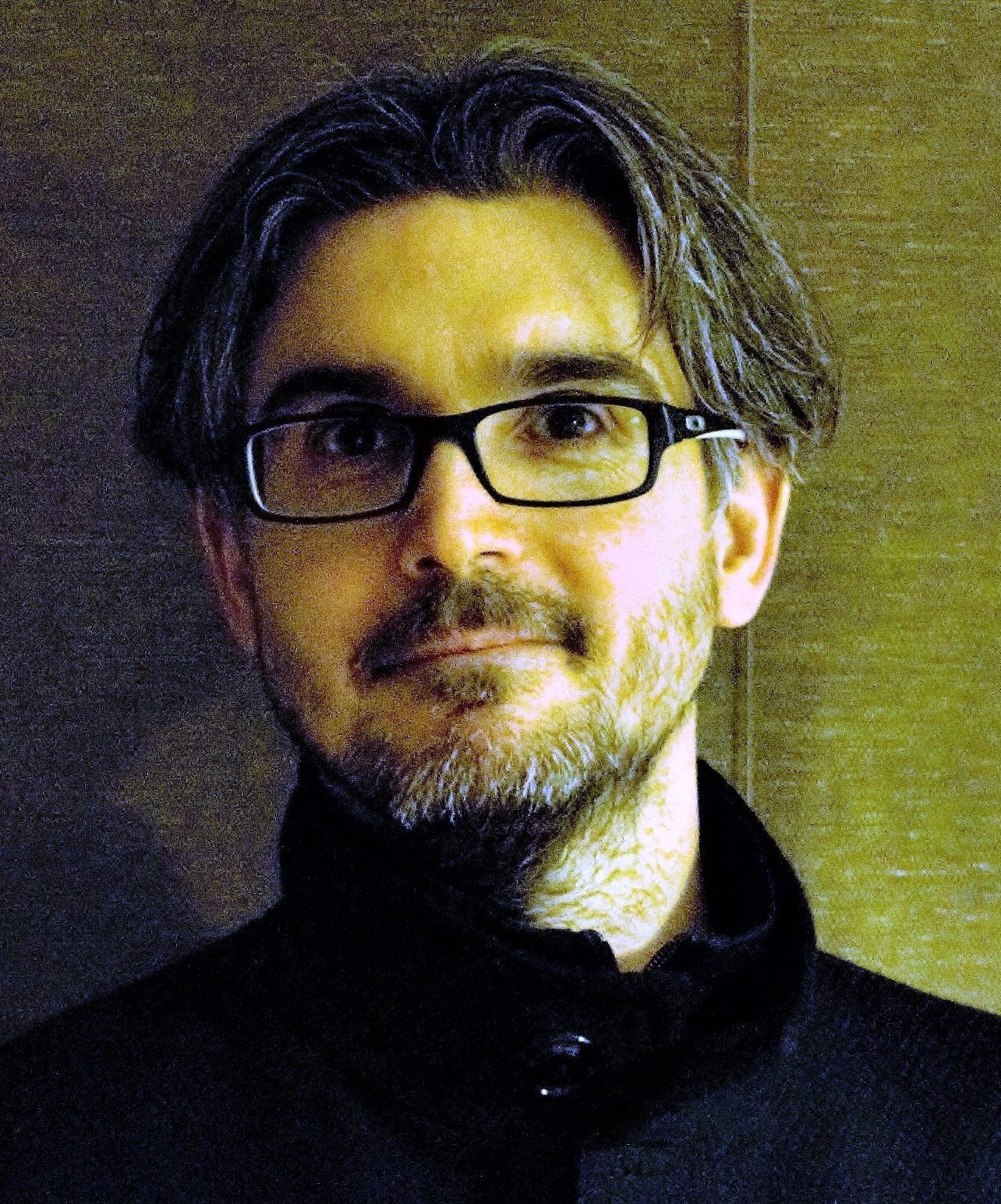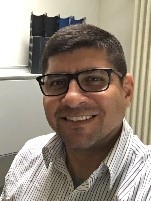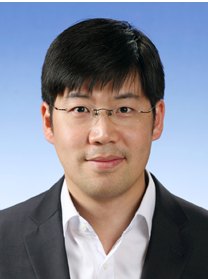Program
| Date: 9th November, 2021 | |
| Time (CET) | Action |
| 12:00-12:05 | Welcome speech by the chairs
|
| 12:05-12:45 | Keynote by Dr. Riccardo Trivisonno (HUAWEI)
|
| 12:45-13:05 | "Malta: Multi-Agent Reinforcement Learning for Differentiated Services in Fat Tree Networks", A. Kattepur; S. David
|
| 13:05-13:25 | "Performance evaluation of topology discovery protocols in software defined networks", Z. Aristotelis; S. Margariti; E. Stergiou; C. Angelis
|
| 13:25-13:45 | "OpenFlowMon: A Fully Distributed Monitoring Framework for Virtualized Environments", A. Cobos; C. Guimarães; A. Oliva; A. Zabala
|
| 13:45-14:05 | "dh-aes-p4: On-premise encryption and in-band key-exchange in P4 fully programmable data planes", E. Neto; F. Cesen; I. Oliveira; R. Fontes; A. Neto; C. Rothenberg |
| 14:05-14:15 | Break
|
| 14:15-14:45 | Keynote by Prof. Dr. Rui L. Aguiar (UA/IT)
|
| 14:45-15:05 | "Dynamic Interdomain Network Slicing for Verticals in the 5Growth Project", J. Fonseca; J. Alegria; V. Cunha; J. Quevedo; D. Santos; D. Gomes; J. P. Barraca; D. Corujo; R. Aguiar
|
| 15:05-15:25 | "Towards Edge-Cloud-Supported Monitoring at Cloud-Network Slice Granularity", K. Costa; F. Silva; A. Neto; F. Verdi
|
| 15:25-15:45 | "Network Slice Provisioning Taking Into Account Tenant Intents and Operator Policies", N. Gritli; F. Khendek; M. Toeroe
|
| 15:45 | Closing
|
Important Dates and Information
| Workshop day: | 9th November |
Paper Submission
| Submission period is over! |
Keynotes

Dr. Riccardo Trivisonno, Head of Network Architecture, Huawei Technologies
Short bio: Riccardo Trivisonno (IEEE M’08, SM’19) is currently serving as Head of Network Architecture for the Advanced Wireless Technologies Lab at Huawei Technologies, Munich Research Center. His research and standardization group develops and delivers technologies to standardization bodies in the areas of Network Architecture, Core Network and Network Management. The group focuses on B5G and 6G systems, and on 3GPP/ETSI standards. He joined Huawei Technologies in 2011. He holds a PhD and an MSc in Telecommunications Engineering from University of Bologna (achieved in 2005 and 2000, respectively).
The Evolution of Network Slicing - from 5G to 5G Advanced, and towards 6G
Network Slicing has been one of the key enablers for the application of communication systems to Vertical use cases, and its potentials are far from being fully exploited. The keynote revisits the Network Slicing journey, starting from its conceptual definition, touching upon its introduction in the first 5G 3GPP Release 15 specifications, and then describing the enhancements of the following Releases 16 and 17. The keynote continues with an outlook of further evolution of Network Slicing in 5G-Advanced systems, and concludes with insights on how the concept may influence the definition of systems beyond 5G.
Prof. Dr. Rui L. Aguiar, Networld Europe Seeting Board Chair, Full Professor (Universidade de Aveiro)
Short bio: Rui L. Aguiar (born 1967) received his Ph.D. degree in electrical engineering in 2001 from the University of Aveiro, where he is currently a Full Professor. He has supervised more than than 20 PhD and 100 Master students. He was the founder of the ATNOG research group, an advanced telecommunication research group at the Universidade de Aveiro and is currently co-coordinating a research line in Instituto de Telecomunicações, on the area of Networks. He has been an advisory for the portuguese Secretaria de Estado das Comunicações and member of the task force for 5G cybersecurity. He is a Chartered Engineer, a Senior Member of IEEE, and a member of ACM. He is serving as the Portugal Chapter Chair of IEEE Communications Society and has been serving as Steering Board Chair of Networld Europe, the European ETP representing the telecommunications community, engaged in the discussions of the future European R&D workprogrames for telecommunications. As further community engagement, he has served as Technical and General (co)Chair of several conferences (ICNS, ICT, ISCC, Mobiarch, Monami, NTMS, etc). He is a regular keynote speaker in the future of mobile communications and digital society, with dozens of talks across the whole world. He is an associated editor of Wiley’s Emerging Telecommunication Technologies and Springers’ Wireless Networks. He has more than 500 papers published.

The workshop will be held on the 9th November, 2021, in conjunction with the VII IEEE Conference on Network Function Virtualization and Software Defined Networks
Special Issue on Wiley's "Internet Technology Letters"
Improved versions of selected contributions will be invited for possible inclusion in a Special Section of Wiley’s "Internet Technology Letters".
Best Paper Award
Our top quality TPC will sellect a BEST PAPER and present the respective Award Certificate at a ceremony during the workshop session.
Organization
MOBISLICE Workshop Co-chairs:

Daniel Corujo
Universidade de Aveiro and Instituto de Telecomunicações
Portugal

Augusto Neto
Federal University of Rio Grande do Norte
Brazil
